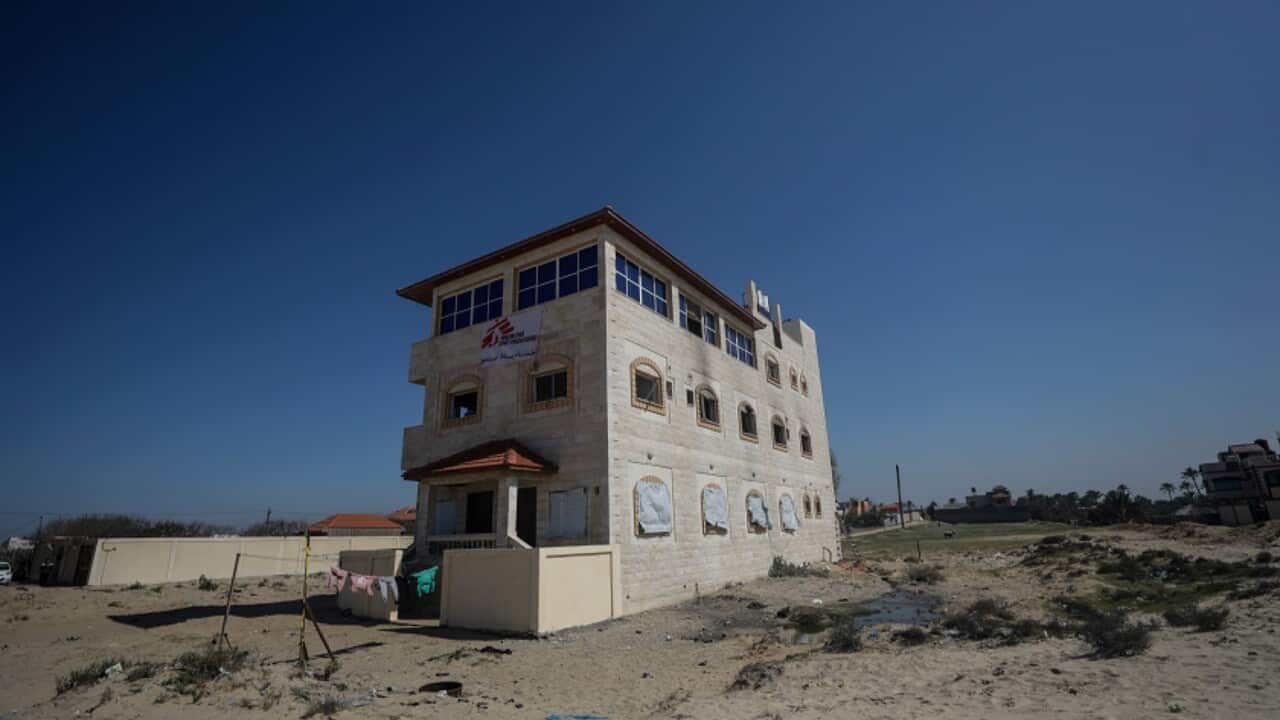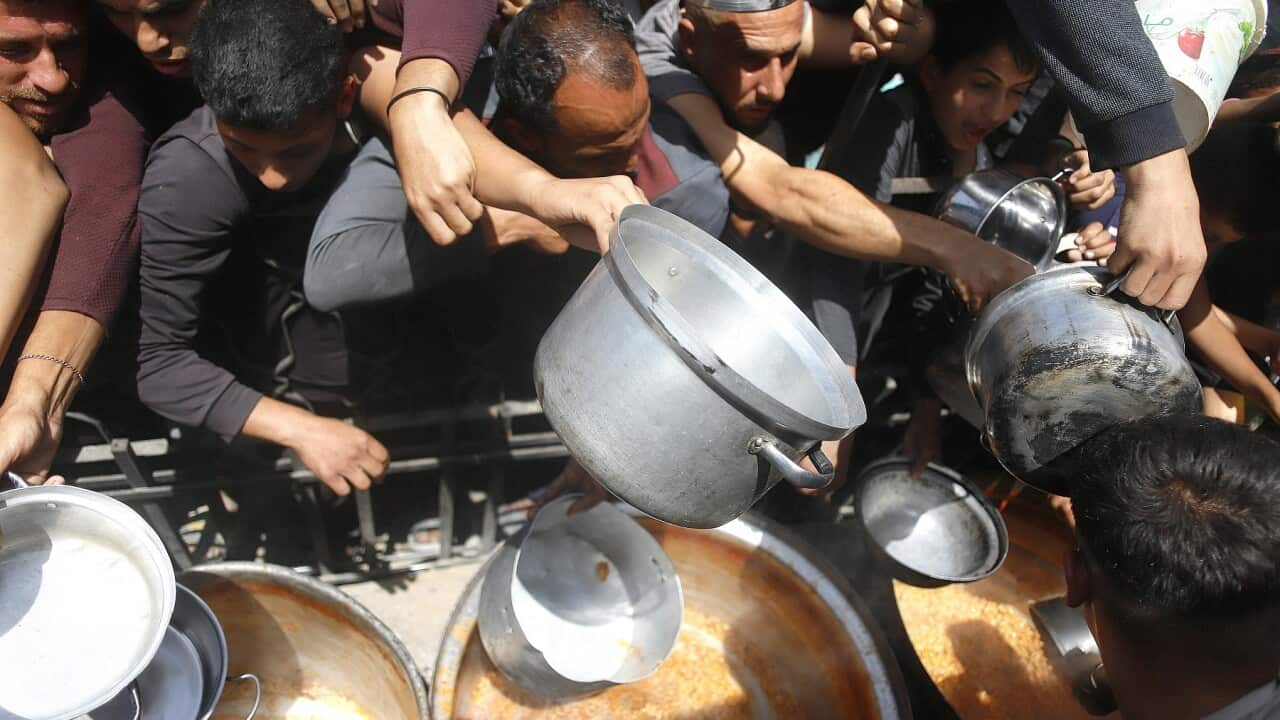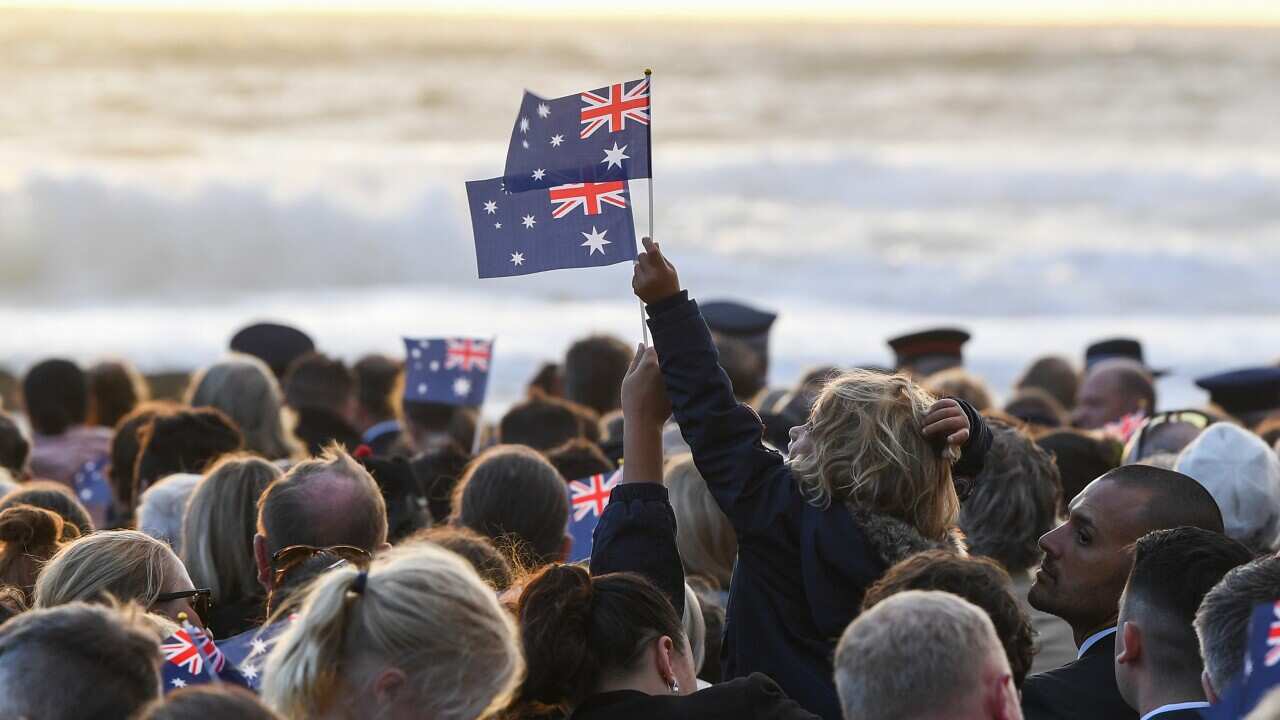TRANSCRIPT
Aid agencies and the World Health Organisation are hoping to relocate some 140 patients who remain stranded in Gaza's Nasser hospital in Khan Younis.
So far three evacuations have been carried out, with 51 patients transferred from Gaza's second largest hospital to the south.
The WHO's lead for health emergencies, Ayadil Saparbekov, says they're aiming to evacuate more people.
“We’ll continue to coordinate with our partners including the health authorities, the Palestinian Red Crescent society and others to see if we can refer more patients out of Nasser Hospital to other hospitals in the south, however it's a very difficult and high risk mission.”
The UN agency says the hospital is crucial to the Strip's crippled health services.
It stopped working last week after a week-long Israeli siege followed by a raid.
Israel accuses Hamas of using hospitals for cover.
Hamas denies this and says Israel's allegations serve as a pretext to destroy the healthcare system.
The World Health Organisation is also warning that infectious diseases in the Gaza Strip could cause more deaths among Palestinians than the ongoing Israeli hostilities.
The UN health agency has confirmed 200,000 cases of diarrhoeal diseases, marking an increase of more than 20 per cent compared to last year.
The WHO has also confirmed a hepatitis-A outbreak with around 8,000 cases.
Christopher Lockyear is Secretary General of Doctors Without Borders (Médecins Sans Frontières).
“There is no health system to speak of left in Gaza. Israel's military has dismantled hospital after hospital. What remains is so little in the face of such carnage it's preposterous. The excuse given is that medical facilities have been used for military purposes. Yet we have seen no independently verified evidence of this.”
Israel's national security minister, Itamar Ben-Gvir, is calling for more restrictions on the movement of Palestinians after a shooting attack near a West Bank settlement.
Three Palestinians reportedly opened fire at motorists near an Israeli checkpoint in the occupied West Bank near Jerusalem, killing one person and wounding seven others.
The Minister says he expects to have more checkpoints and restrictions put in place.
“A very big disaster was prevented here, thanks to the fact that all police officers in the Israeli police are carrying weapons. I remind you, that six months ago I said clearly that the right to life outweighs the right to freedom of movement of residents of the Palestinian Authority. The right to life of Jewish residents outweighs the freedom of movement of the residents of the Palestinian Authority.”
It comes as at least 40 people are reported to have died in Israeli airstrikes on residential homes in central Gaza.
In other developments, four tonnes of aid including medicines, fuel and food have been air-dropped to Tal Al-Hawa Hospital in northern Gaza.
The United Kingdom-funded aid was delivered by the Jordanian Air Force.
Israel's war in Gaza has driven around 80 per cent of the population of 2.3 million from their homes.
The war began when Hamas-led militants stormed into southern Israel on the 7th of October, killing some 1,200 people and taking around 250 hostage.
Nearly 30,000 Palestinians have been killed in Israel's response to that attack.













